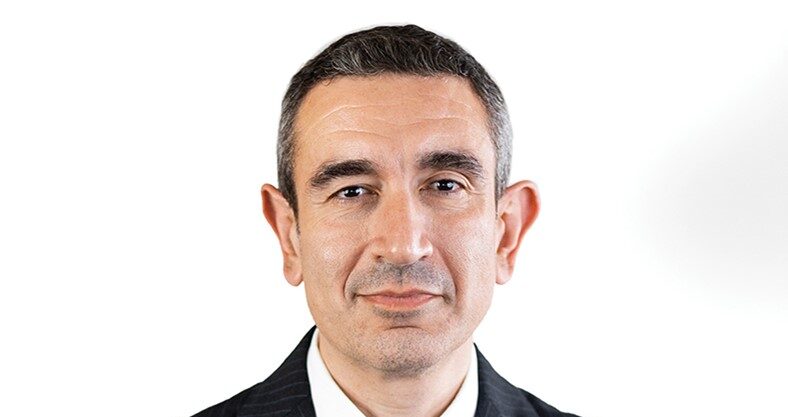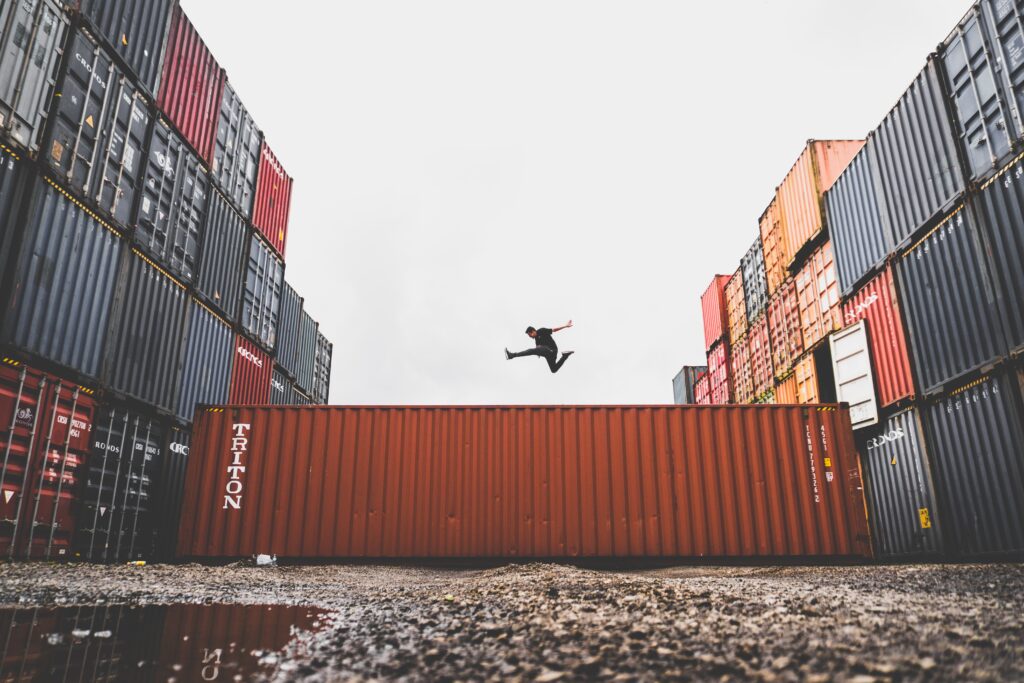Last year, Haleon, the renowned British consumer healthcare giant, marked its grand entrance into Egypt in June, placing a significant focus on consumer health post its split from GSK.
In an exclusive interview with Mohamed Mostafa, the Country Manager of Haleon EG Limited, he delves into the company’s remarkable journey towards becoming the globe’s largest standalone healthcare enterprise. Mostafa passionately underscores the company’s ambitious goal of attaining 90% local manufacturing for its Egyptian operations.
Noteworthy among Haleon’s esteemed brands are Advil, Centrum, Voltaren, and Otrivin, which have garnered widespread recognition and trust.
The Q&A has been edited for length and clarity.
Can you provide an overview of Haleon’s core operations since its launch in Egypt?
MM: Haleon, an independent company since July 2022 post-demerger from GSK, focuses solely on consumer health. With listings on the London and New York Stock Exchanges, Haleon operates in 170 markets globally, leading in Therapeutic Oral Health, VMS, Pain Relief, Respiratory Health, and Digestive Health.
Entering Egypt’s market in June 2023, Haleon holds over 20% market share with trusted brands like Sensodyne, Panadol, Centrum, Otrivin, and Voltaren Emulgel. Committed to democratizing self-care, we aim to ensure equitable access to healthcare, empowering every Egyptian to prioritize their health and well-being.
How does Haleon plan to navigate the unique challenges and opportunities present in Egypt’s investment climate?
MM: Haleon collaborates closely with local stakeholders, navigates regulatory landscapes, and taps into global expertise to tailor solutions for the Egyptian market. Our commitment extends to ensuring accessibility through local manufacturing, leveraging Egypt’s strategic position to enhance export capabilities to North African and other African markets.
Manufacturing 90% of our products locally in Egypt mitigates the impact of international market fluctuations, maximizes investment, and fosters technology transfer. This approach supports the local economy, strengthens regional distribution, and reinforces Egypt’s role in export capabilities.
What specific products does Haleon intend to offer to the Egyptian market?
MM: In response to Egypt’s evolving healthcare landscape, we prioritize preventative healthcare solutions driven by increased health awareness post-COVID-19. Leveraging e-commerce platforms, we aim to reach a wider audience of Egyptian internet users seeking accessible healthcare products and information. Our offerings in Egypt target common health issues like flu, colds, and pain, alongside oral healthcare and nutritional products. We also support healthcare professionals with webinars and resources to enhance patient care.
Our commitment to self-care aligns with Egypt’s Vision 2030, focusing on better, equitable, and inclusive healthcare services.
What sets Haleon apart from existing competitors in Egypt’s healthcare sector?
MM: We blend scientific expertise with a fresh perspective, driven by a commitment to improving everyday health. Our goal is to promote self-care as integral to healthcare, empowering individuals with knowledge and skills for prevention and treatment through our products and initiatives.
Can you discuss any partnerships that Haleon has initiated?
MM: We believe everyone deserves the opportunity to live a healthy life and recognize that barriers like limited healthcare knowledge hinder many individuals. To address this, we partnered with the Ibrahim A. Badran Foundation on the ‘Take Charge of Your Health’ initiative in Egypt. This program aims to enhance health literacy in rural communities by providing free healthcare to 10,000 residents and conducting awareness sessions on self-care topics. The initiative spans five governorates, including Qalyoubia, Giza, Fayoum, Ismailiya, and Al Sharqia, reflecting our commitment to social impact in the region. Through this collaboration, we empower individuals with the knowledge and tools for effective self-care, transforming how they approach their well-being.
How does Haleon envision its relationship with the Egyptian community?
MM: Haleon aims to partner with healthcare professionals and stakeholders to tackle prevalent health issues such as oral and respiratory health, pain relief, and nutrition through innovative solutions and awareness programs.
Further, to enhance health literacy among professionals, the company launched the “Haleon Healthpartner” platform, accessible globally. In Egypt, over 63,000 dentists, pharmacists, GPs, and other healthcare providers are registered to access educational materials and tools.
Haleon also conducts awareness initiatives, like the “Air Bubble” campaign with Otrivin, addressing air pollution’s health impacts. Additionally, partnerships with government bodies and NGOs, like World Oral Health Day with the Ministry of Health and FDI, underscore Haleon’s commitment to promoting self-care and health literacy in Egypt.
What opportunities does Haleon see for innovation and growth?
MM: At Haleon, we conducted an in-depth assessment of Egypt’s self-care industry in collaboration with PWC, revealing promising growth projections. The self-care market is expected to grow at a CAGR of 13% from 2020 to 2025, reaching $6 billion. Our study indicates significant benefits, including reduced illness likelihood, cost savings, and job creation, underscoring the industry’s potential for expansion and its positive impact on health outcomes and economic growth.
Building on these insights, in recent years, Haleon has introduced innovative products like Centrum, Otrinatural, Sensodyne Herbal, and Natural White, aligning with Egypt’s goal of improving medicine accessibility.
Could you elaborate on Haleon’s long-term vision for its presence in Egypt?
MM: As we look ahead, our long-term vision in Egypt is to become an integral part of the country’s healthcare ecosystem. We are continuously exploring ways to develop and bring more innovative solutions to the country to meet the health needs of Egyptian people, especially where there is science and evidence, and when it’s something that consumers want. This isn’t just an expansion of our product range to cater to diverse needs, but most importantly a commitment to local manufacturing and a resilient supply chain, making everyday health more accessible, inclusive, and sustainable.







